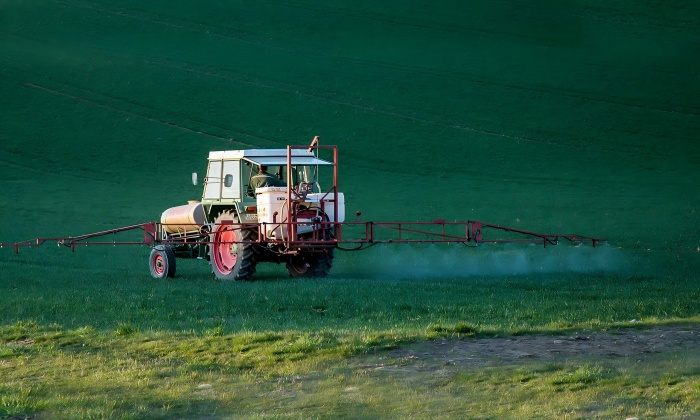Chlorantraniliprole, a high-efficiency, low-toxicity insecticide, is widely used in agricultural production, particularly for controlling pests in crops like rice and corn. However, recent global supply gaps of chlorantraniliprole—triggered by multiple factors—pose significant challenges to agricultural productivity. This dilemma stems from growing market demand, supply chain bottlenecks, and production process limitations. So, how can this massive supply gap be addressed?

I. Supply Chain Bottlenecks and Capacity Enhancement
The chlorantraniliprole supply shortfall arises from two main factors:Supply chain constraints: Its synthesis relies on key raw materials like Ammonium Persulfate and Potassium Persulfate (strong oxidizers for intermediate oxidation reactions), whose supply remains unstable. Due to their chemical properties (thermal decomposition at high temperatures and safety risks from improper handling), persulfate producers face strict safety approvals for capacity expansion, slowing global output growth.Surge in demand: Recent years have seen a sharp increase in agricultural demand for insecticides, exacerbating supply-demand contradictions.
To bridge the gap, cross-industry collaboration is essential: enterprises must optimize raw material supply chains and drive technological innovation to boost production capacity.
Fujian ZhanHua Chemical, a global persulfate leader, holds distinct advantages here. With an annual output of 75,000 tons of Ammonium Persulfate, its ongoing Phase III project (scheduled for commissioning in 2026) will raise annual capacity to 135,000 tons. This expansion will not only stabilize raw material support for chlorantraniliprole intermediates but also enhance its global market competitiveness, injecting new momentum into industry-wide supply stability. Fujian ZhanHua Chemical prioritizes safety precautions in production, mitigating risks from improper operations to provide reliable industry support.
II. Optimization of Safe and Environmentally Friendly Production Processes
The production of K-acid (a chlorantraniliprole intermediate) involves strong oxidizing chemicals like persulfates, making production safety and environmental standards paramount. As environmental policies tighten, enterprises must balance capacity expansion with safety and sustainability—any safety or environmental incident could halt production, worsening supply gaps. For example, persulfates readily decompose at temperatures above 100°C, releasing oxygen and potentially triggering violent reactions with organic matter, imposing higher demands on production management.
Fujian ZhanHua Chemical has accumulated rich experience in safe and eco-friendly production. Through unique production processes and strict quality management systems, it ensures efficient production while prioritizing safety. Measures such as precise control of reaction temperature and pressure prevent operational issues. These technical advantages not only safeguard chlorantraniliprole production but also set an industry benchmark. With ongoing technological optimization, production safety and environmental friendliness will further improve, providing a solid foundation for gap remediation.
III. Conclusion
The chlorantraniliprole supply gap results from overlapping factors. Addressing it requires both corporate technological innovation/capacity expansion and government policy support/market regulation. As a renowned persulfate enterprise, Fujian ZhanHua Chemical leverages its strong production capabilities and technical advantages to support industry supply-demand balance. By strictly managing safety and environmental risks, it ensures stable supply. Through collaborative efforts—including technological innovation, win-win cooperation, and policy support—the chlorantraniliprole supply gap will gradually narrow, safeguarding the sustainable development of agricultural production. Only through such multi-stakeholder collaboration can this global challenge be truly resolved, ensuring stable and efficient agricultural operations.